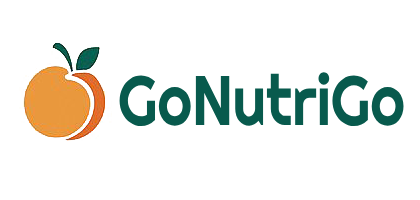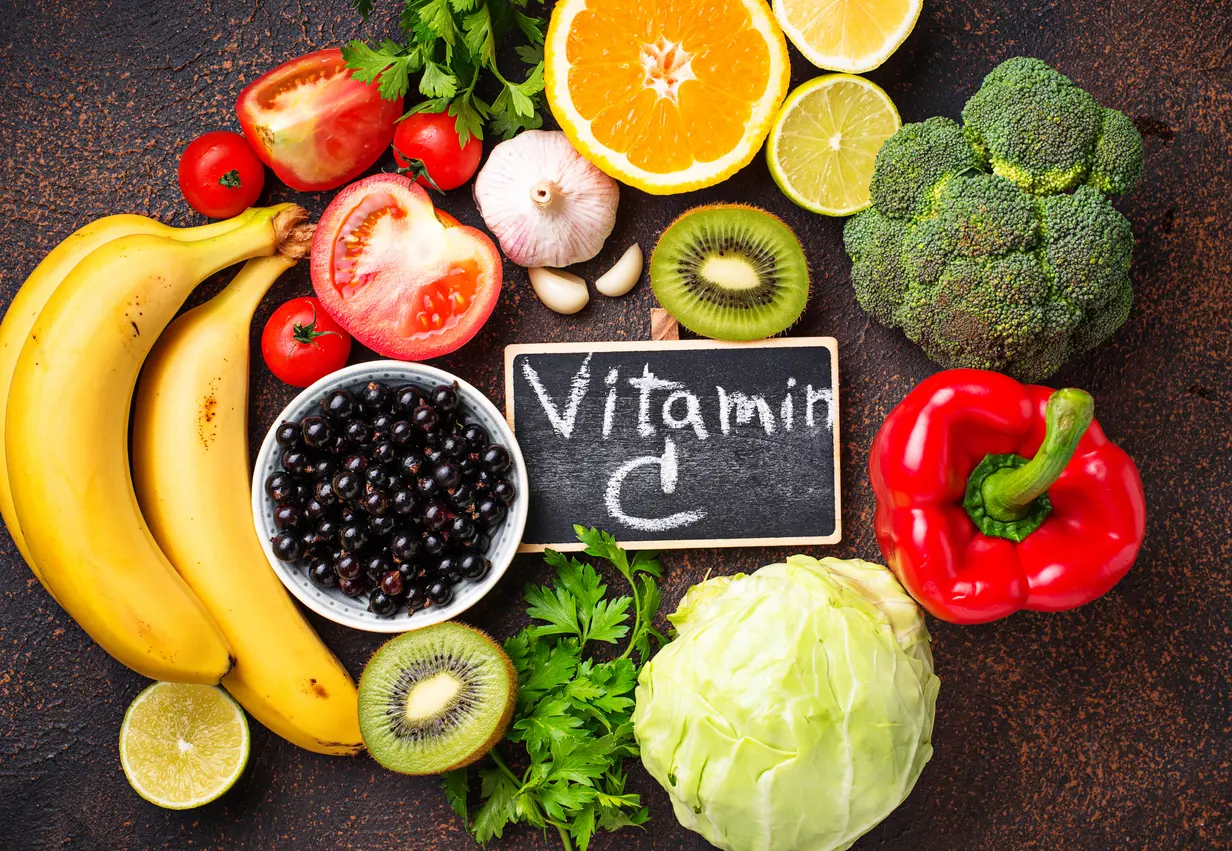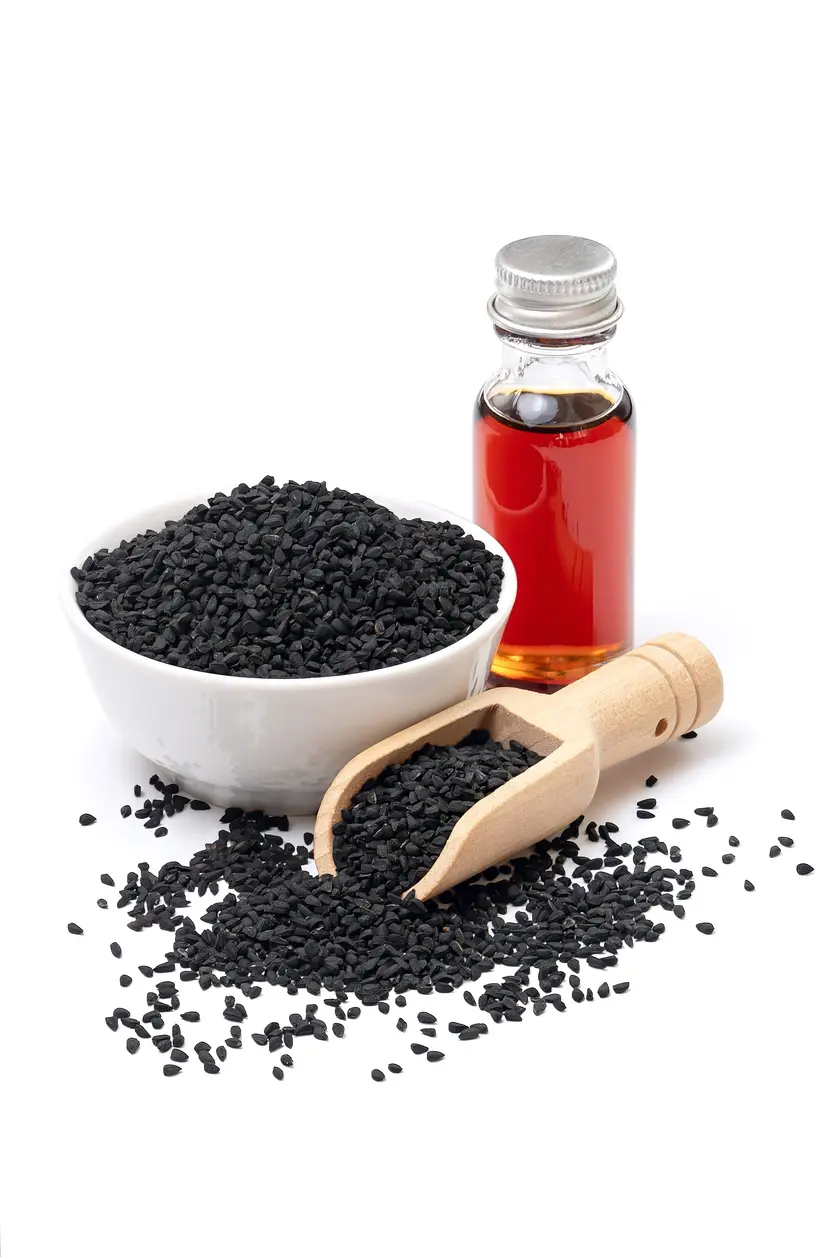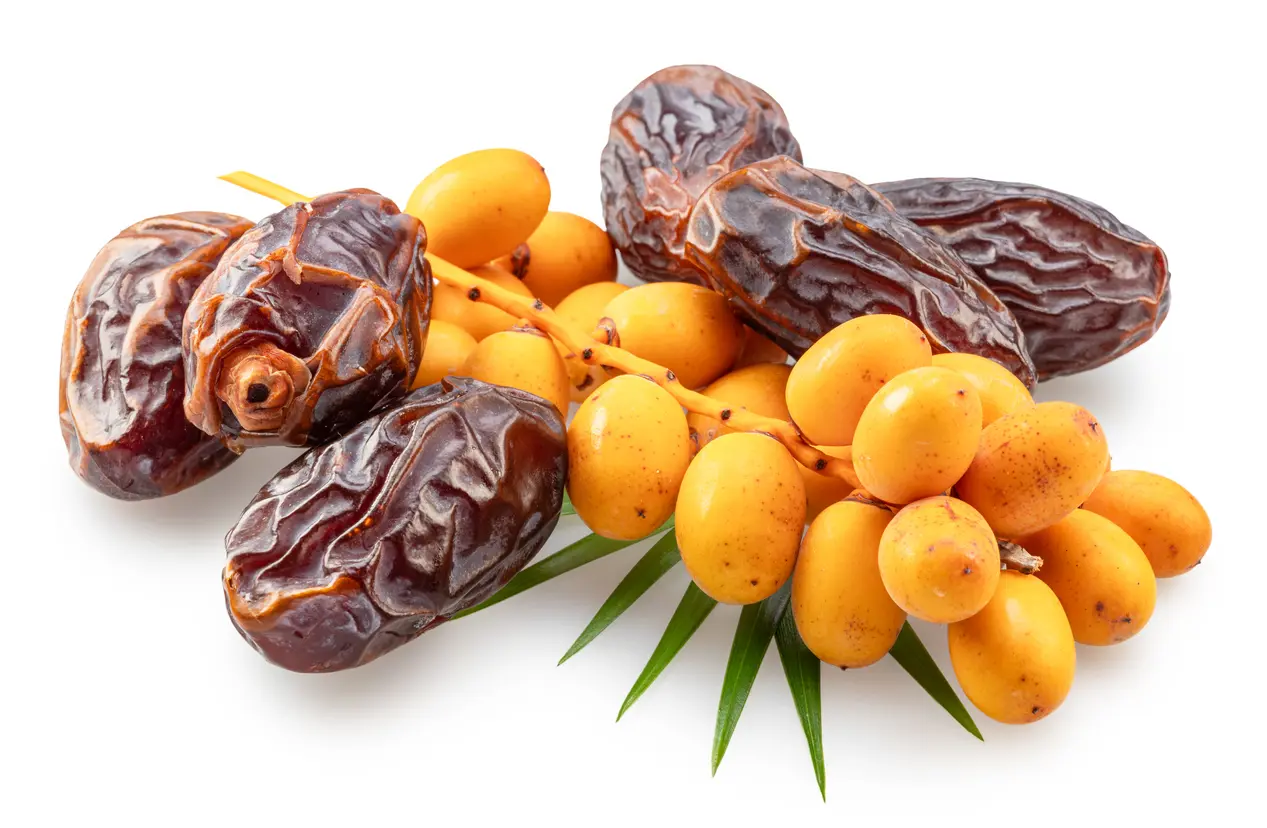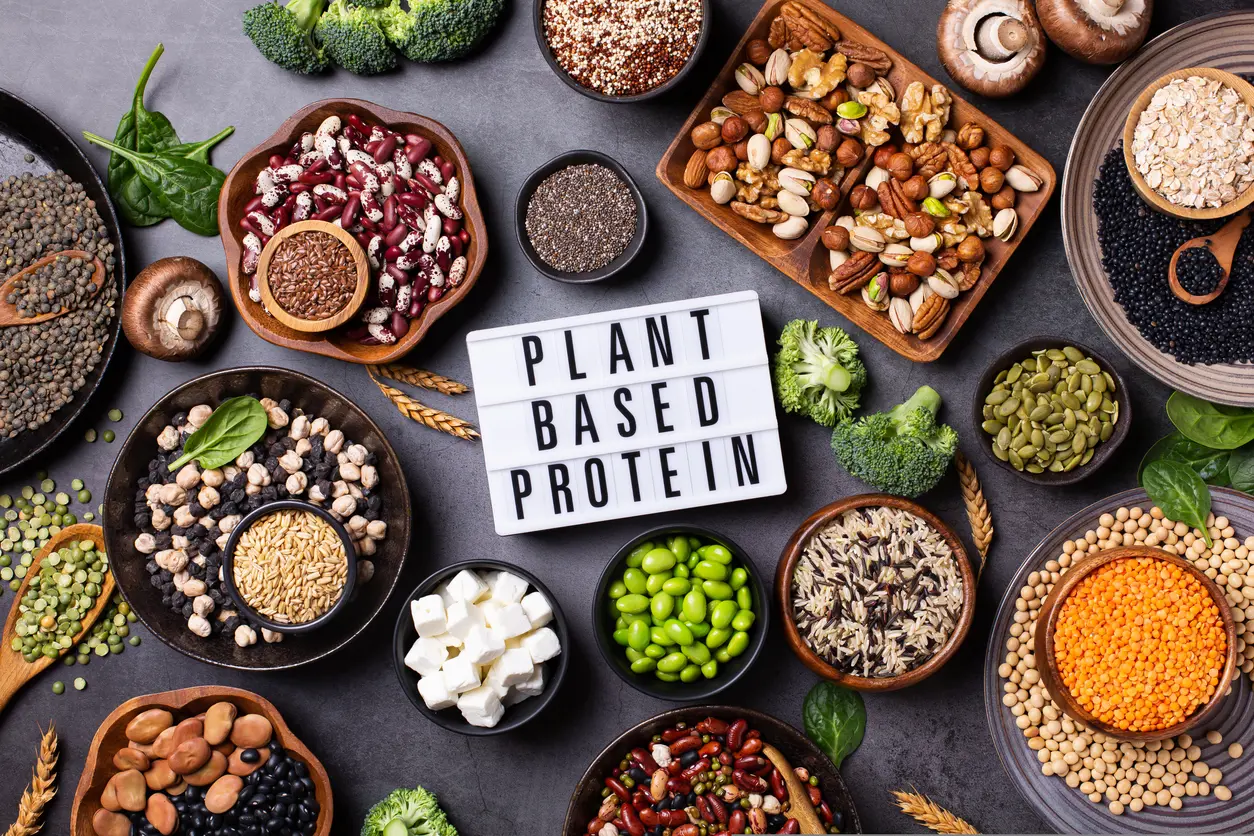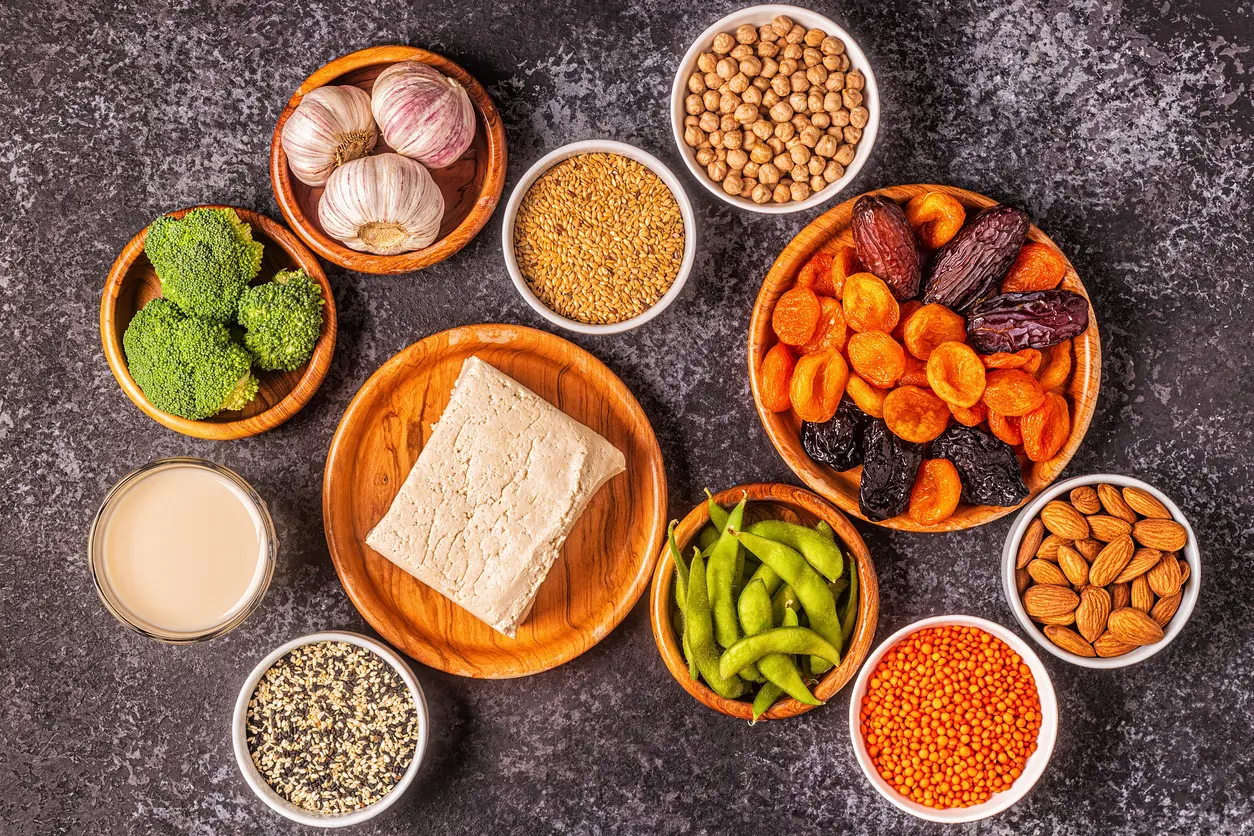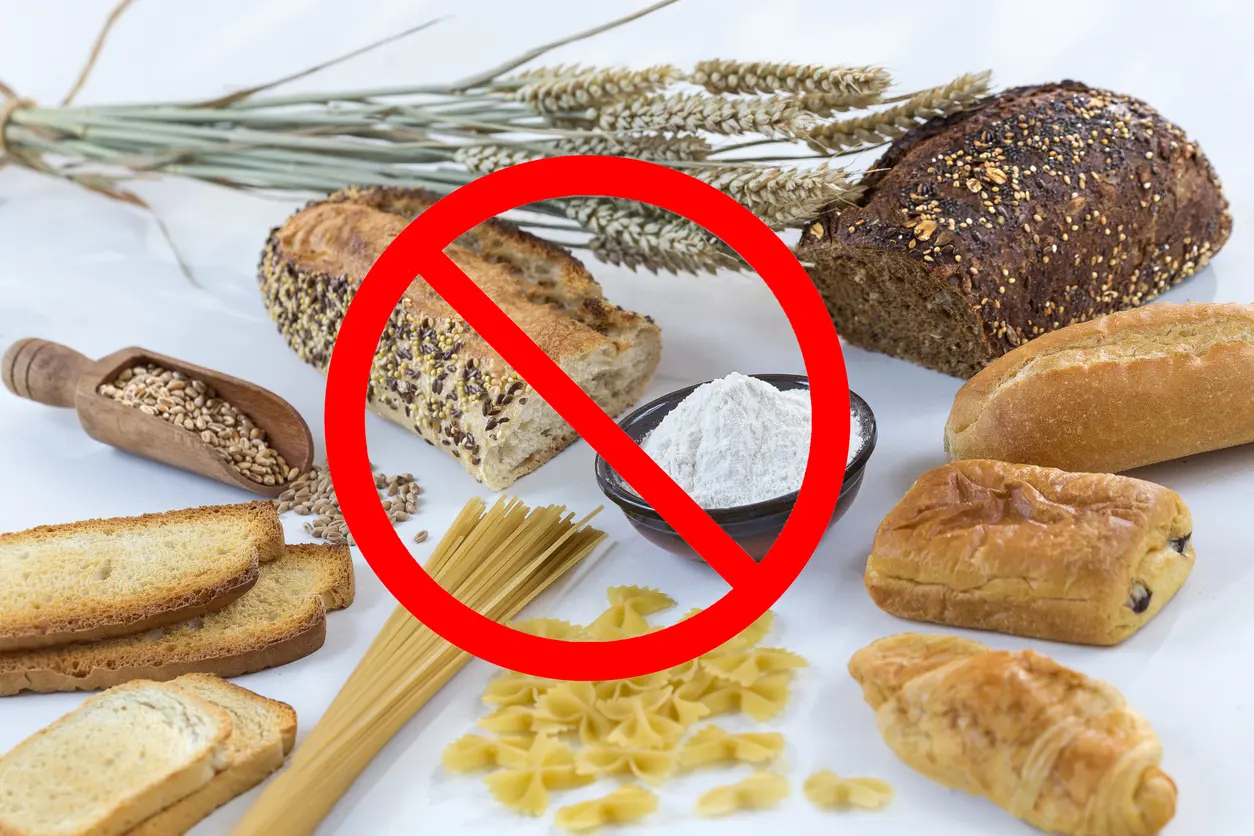20 Foods To Avoid During Pregnancy

Pregnancy is an exciting time filled with big changes, and sometimes that includes what you eat. Though cravings abound (we’ve all heard about the ice cream and pickle combo!), nutrition plays a powerful role in supporting your baby's development and your overall health.
While most foods are perfectly safe, a few can pose risks during pregnancy due to their high bacteria content, toxins, or other compounds.
Knowing what to avoid can help you make confident choices and enjoy a safe, healthy pregnancy. This guide offers clear, science-backed information to help you stay informed - not overwhelmed.
Below is a list of 20 foods and beverages to be cautious about while pregnant.
Each one includes a simple explanation of why it may pose a risk to either you, baby, or both while also offering a safer alternative when possible. Use this guide as a helpful reference (not a list of strict rules) and talk with your obstetrician if you have questions.
If you are managing several dietary preferences or restrictions, it might also be helpful to enlist the help of a registered dietitian, who can work with you to create a personalized nutrition plan.
1. Raw or Undercooked Meat
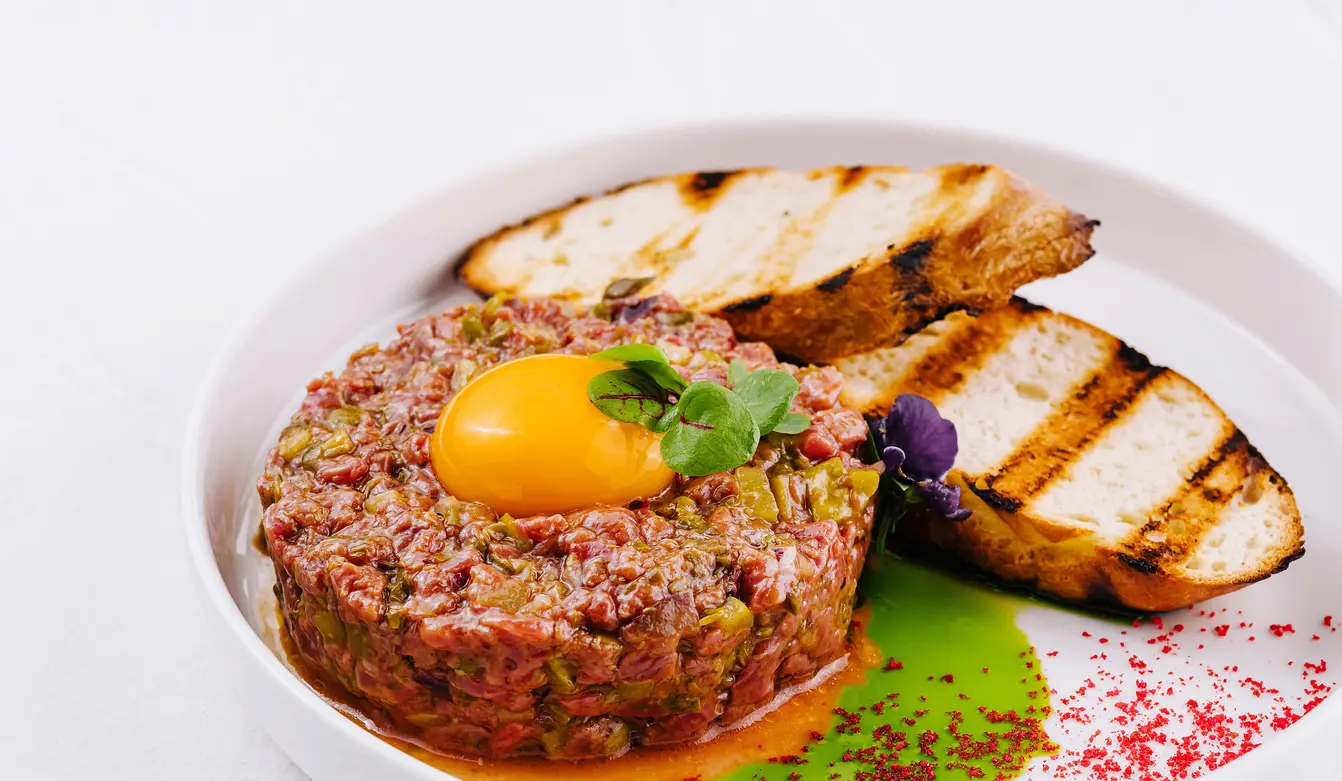
Raw or undercooked meat can carry harmful bacteria like Listeria, Salmonella, and Toxoplasma. These infections may increase the risk of miscarriage or other complications.
Always cook meat to the recommended internal temperature listed below to ensure safety per the USDA: [1] Safe minimum internal temperature chart. USDA. Last updated April 14, 2025;
- Fish, shellfish, uncooked ham, steaks, chops, and roasts: 145 degrees F, 62.8 degrees C.
- All ground meat except for poultry; eggs: 160 degrees F, 71.1 degrees C
- Leftovers, casseroles, all types of poultry: 165 degrees F, 73.9 degrees F
If you’re craving beef carpaccio, try a vegetarian twist with thinly sliced beets, zucchini, or tomatoes.
Can’t give up your weekly sushi? Swap raw fish for a cooked or plant based sushi roll. Missing lox at brunch? Try hot smoked or a shelf-stable (canned) smoked salmon instead.
2. Deli Meats and Cold Cuts
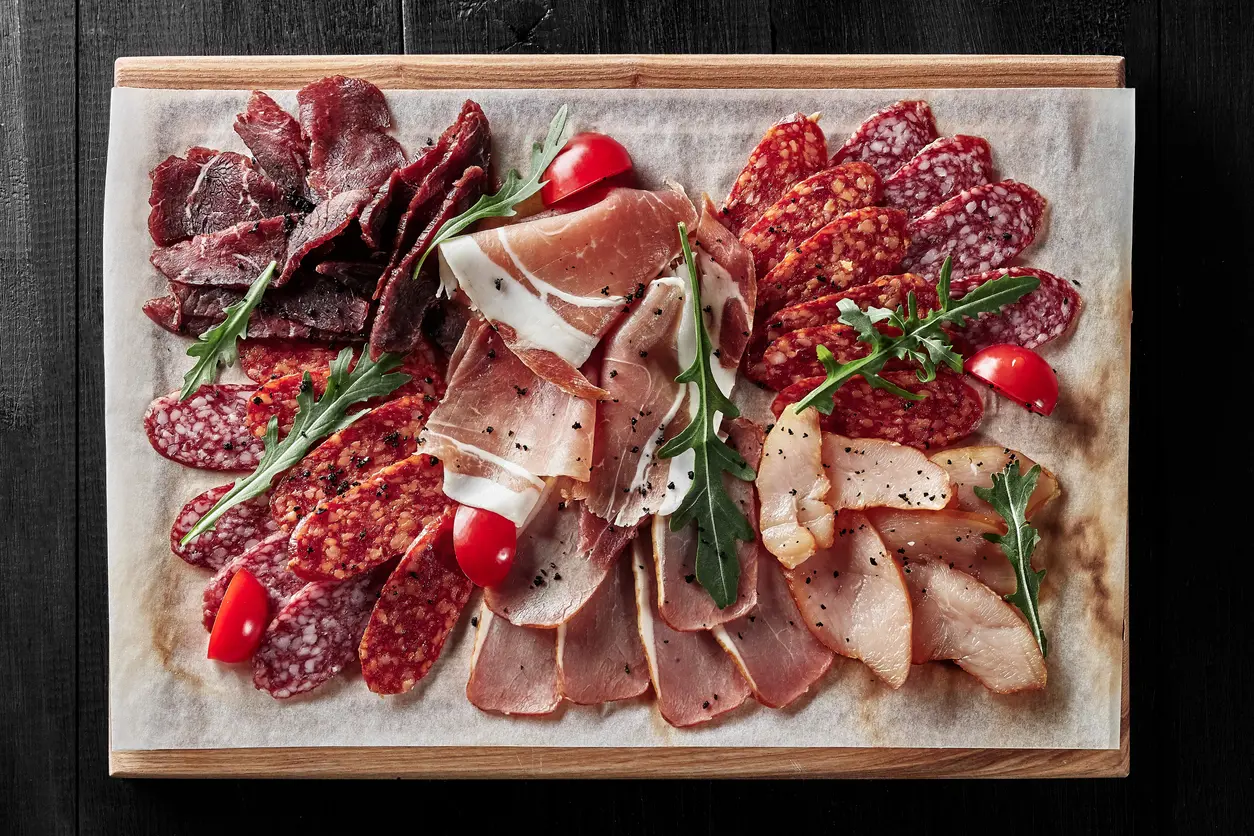
These ready-to-eat meats can carry Listeria unless reheated until steaming hot. Listeria infections during pregnancy are rare but serious, as listeria can cross into the placenta and can negatively impact the baby.[2] Foods to Avoid During Pregnancy. American Pregnancy Association;
If you enjoy cold cuts, warm them thoroughly before eating in the microwave, oven, or on the stove.
As an alternative, you can use properly precooked turkey, chicken, or beef and slice thinly to top salads, stuff into pitas, or slip into sandwich rolls.
3. Raw Eggs
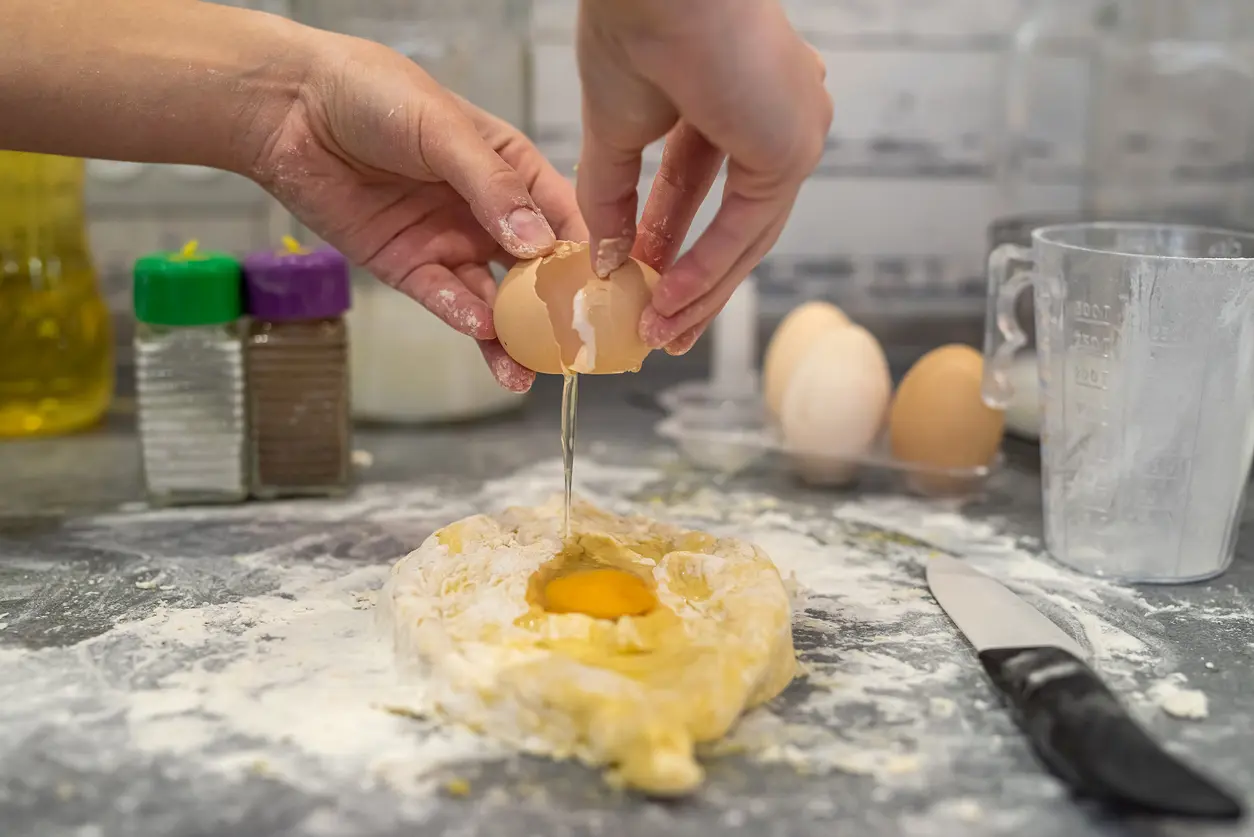
Raw or undercooked eggs may contain Salmonella. [2] Foods to Avoid During Pregnancy. American Pregnancy Association; This can lead to foodborne illness, which is more dangerous during pregnancy thanks to a weaker immune system.
Avoid homemade dressings, raw batter, homemade ice cream or custards, and sauces or dressings like Hollandaise and Caesar that are made with raw eggs. [2] Foods to Avoid During Pregnancy. American Pregnancy Association;
At the grocery, make sure you are opting for pasteurized eggs and use those as a substitute when baking or preparing sauces. All commercially prepared ice cream, drinks (think eggnog), and dressings contain pasteurized eggs. [2] Foods to Avoid During Pregnancy. American Pregnancy Association;
Craving raw cookie dough? Skip the homemade variety and opt for a store bought pasteurized option of a classic (think Tollhouse) or pick up edible cookie dough, which is specifically meant for eating, not baking.
If you’re cooking eggs at home or ordering them for breakfast, make sure the eggs and whites are both firmly cooked and solid colored. [3] Pregnancy nutrition: Foods to avoid during pregnancy. Published November 30, 2023; Written by Mayo Clinic Staff.
4. Unpasteurized Milk or Cheese
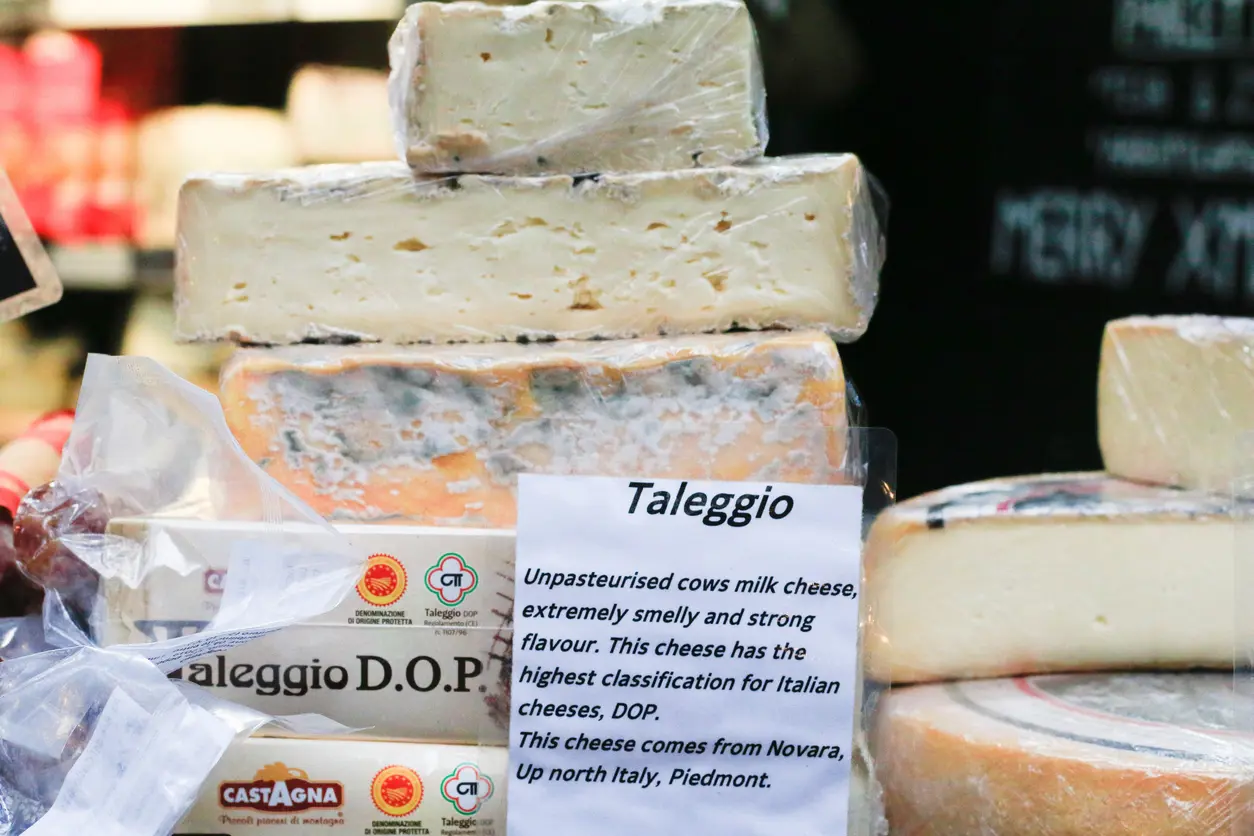
Unpasteurized (raw) dairy can harbor harmful bacteria like Listeria or E. coli, and pregnant people are ten times more likely to develop listereriosis. [4] 15 Foods and Drinks to Avoid During Pregnancy. Published March 12, 2025; Adda Bjarnadottir, MS RDN (Ice); Always choose milk, yogurt, and cheese labeled "pasteurized" to ensure safety.
5. Soft Cheeses
Cheeses like brie, feta, blue cheese, and camembert can be risky if unpasteurized. Pasteurization is the process of killing harmful bacteria through heat. [4] 15 Foods and Drinks to Avoid During Pregnancy. Published March 12, 2025; Adda Bjarnadottir, MS RDN (Ice);
Stick to pasteurized versions of these cheeses or choose hard cheeses like cheddar.
If you’re having a hard time finding pasteurized versions of your favorite soft cheeses, try picking up a tub of ricotta or burrata instead. [4] 15 Foods and Drinks to Avoid During Pregnancy. Published March 12, 2025; Adda Bjarnadottir, MS RDN (Ice);
6. Raw Fish and Sushi
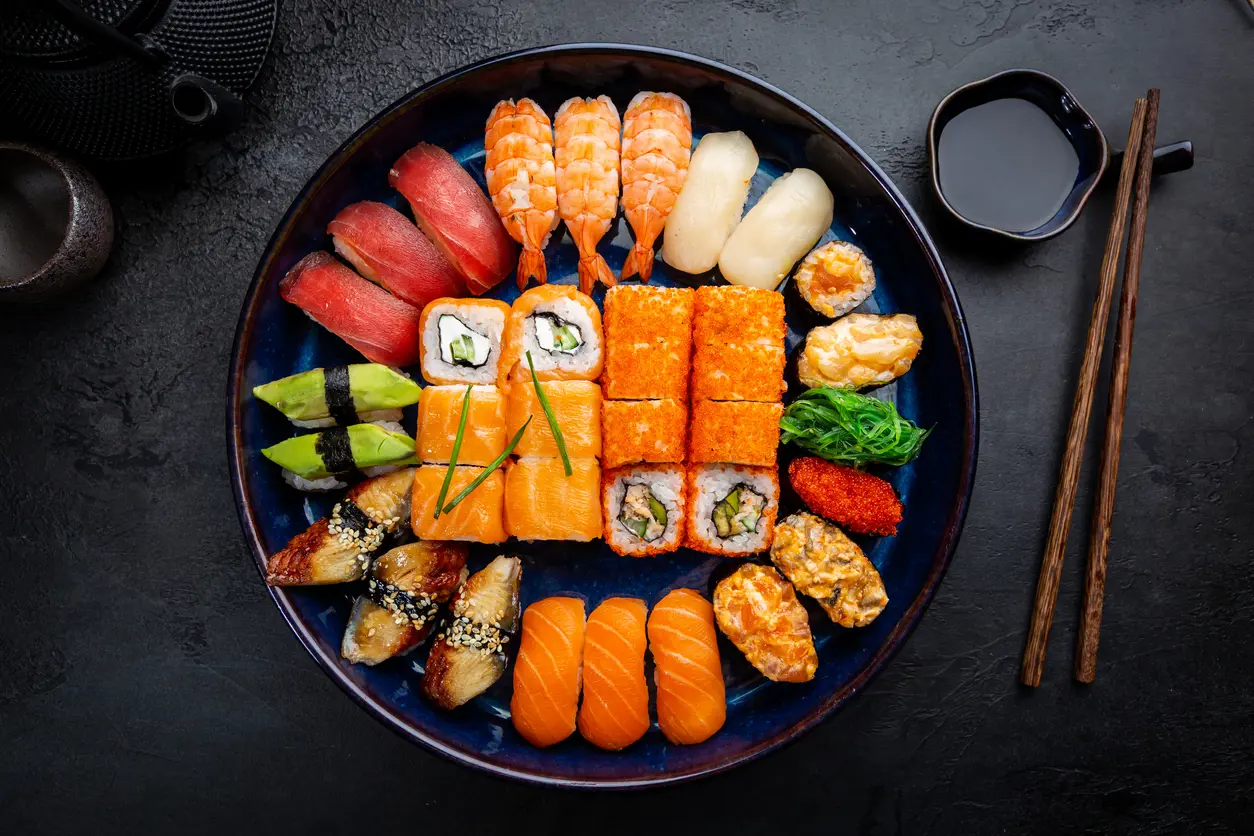
Raw fish can expose you to several different parasites and bacteria, including norovirus, listeria, salmonella, and vibrio. [4] 15 Foods and Drinks to Avoid During Pregnancy. Published March 12, 2025; Adda Bjarnadottir, MS RDN (Ice);
Raw fish includes foods like ceviche, raw oysters, raw clams, raw scallops, sushi, and sashimi. [3] Pregnancy nutrition: Foods to avoid during pregnancy. Published November 30, 2023; Written by Mayo Clinic Staff. You should also skip raw seafood that’s been refrigerated (think foods labeled as lox, kippered, smoked). [3] Pregnancy nutrition: Foods to avoid during pregnancy. Published November 30, 2023; Written by Mayo Clinic Staff.
If you’re craving sushi, choose fully cooked rolls or vegetarian options.
7. High-Mercury Fish
Fish like shark, swordfish, king mackerel, and tilefish contain high levels of mercury, which can harm your baby’s brain development. [4] 15 Foods and Drinks to Avoid During Pregnancy. Published March 12, 2025; Adda Bjarnadottir, MS RDN (Ice); Mercury in foods is actually methylmercury, a form of mercury that can build up in water, which can affect the fish we eat. [5] FDA/EPA 2004 Advice on What You Need to Know About Mercury in Fish and Shellfish. Published July 2, 2019;
If you regularly eat fish that you catch, make sure to check with local authorities about the mercury content of the bodies of water where the fish were caught. [5] FDA/EPA 2004 Advice on What You Need to Know About Mercury in Fish and Shellfish. Published July 2, 2019;
If you can’t find any information about the mercury content, limit your total seafood consumption for the week to one 6 ounce portion. [5] FDA/EPA 2004 Advice on What You Need to Know About Mercury in Fish and Shellfish. Published July 2, 2019;
Fish is still an excellent source of protein and healthy fat, so choose low-mercury options like salmon, shrimp, oysters, cod, canned light tuna, pollock, and catfish instead and aim for two 6 ounce portions per week. [5] FDA/EPA 2004 Advice on What You Need to Know About Mercury in Fish and Shellfish. Published July 2, 2019;
8. Smoked Seafood (unless cooked)
Refrigerated smoked seafood, such as lox or kippered fish, may carry Listeria. It’s safest when it’s been cooked in a dish (like a casserole) or is shelf-stable, as the fish can become contaminated at any point during the catching, processing, and storage process. [4] 15 Foods and Drinks to Avoid During Pregnancy. Published March 12, 2025; Adda Bjarnadottir, MS RDN (Ice); Opt for a cooked or canned version of smoked seafood whenever you have a craving.
9. Raw Shellfish
Raw oysters, clams, and mussels can cause foodborne illness. These should be avoided during pregnancy unless they’re thoroughly cooked. Shellfish should be cooked until shells open; if shells don’t open they should be discarded. [3] Pregnancy nutrition: Foods to avoid during pregnancy. Published November 30, 2023; Written by Mayo Clinic Staff. Shrimp, lobster, and scallops should be cooked until they are an opaque white color. [3] Pregnancy nutrition: Foods to avoid during pregnancy. Published November 30, 2023; Written by Mayo Clinic Staff.
10. Liver and Liver Products
While liver is rich in many nutrients (think iron, Vitamin A, Vitamin B12, zinc, copper, and selenium), it’s also very high in vitamin A. [4] 15 Foods and Drinks to Avoid During Pregnancy. Published March 12, 2025; Adda Bjarnadottir, MS RDN (Ice);
Vitamin A is a fat soluble vitamin, which means that the excess is stored in your body. Too much vitamin A (whether through supplements or the diet) can be harmful during pregnancy.
Limit liver (and other organ meats) to several ounces per week and talk with your provider about safer iron-rich alternatives, like Lucky Iron Fish. [4] 15 Foods and Drinks to Avoid During Pregnancy. Published March 12, 2025; Adda Bjarnadottir, MS RDN (Ice);
11. Unwashed Fruits and Vegetables
Fresh produce is a key part of a healthy diet, but it must be washed well. Unwashed produce can carry harmful bacteria or parasites. Rinse fruits and veggies under running water and scrub firm produce with a brush.
12. Caffeine in High Amounts
Moderate caffeine is generally safe, but too much can increase the risk of low birth weight or miscarriage. [4] 15 Foods and Drinks to Avoid During Pregnancy. Published March 12, 2025; Adda Bjarnadottir, MS RDN (Ice); Stick to less than 200 mg per day - that’s about 1-3 cups of coffee, depending on the size of your mug and your beans. [4] 15 Foods and Drinks to Avoid During Pregnancy. Published March 12, 2025; Adda Bjarnadottir, MS RDN (Ice);
Craving an afternoon cup? Try a cup of decaf coffee (around 15 mg of caffeine per 8 ounces) or decaf tea.
Caffeine can also be found in chocolate, energy drinks, and soda, so be sure to figure that into your total daily caffeine intake.
13. Alcohol
There is no known safe amount of alcohol during pregnancy. Drinking can cause fetal alcohol spectrum disorders and impair healthy development. [2] Foods to Avoid During Pregnancy. American Pregnancy Association; It’s best to avoid alcohol completely while pregnant.
14. Herbal Teas and Supplements
Not all herbs are safe during pregnancy. Some can affect hormone levels or cause uterine contractions, even those labeled as for pregnancy. [3] Pregnancy nutrition: Foods to avoid during pregnancy. Published November 30, 2023; Written by Mayo Clinic Staff.
To be on the safe side, skip herbal blends and opt for a black or green tea instead. Always consult your provider before taking herbal teas or supplements.
15. Unpasteurized Juices
Fresh-squeezed juices that haven’t been pasteurized can carry E. coli or Salmonella. Depending on where you live, unpasteurized (sometimes called fresh squeezed) juice and cider may be popular choices - but make sure you skip those in favor of a pasteurized beverage. [3] Pregnancy nutrition: Foods to avoid during pregnancy. Published November 30, 2023; Written by Mayo Clinic Staff.
Another option is to boil your unpasteurized juice to heat treat the bacteria and make the juice safe for consumption.
When grocery shopping, opt for bottled or boxed juices over the ones in the refrigerator cases.
16. Raw Sprouts
Sprouts like alfalfa, mung bean, radish, and clover can harbor Salmonella bacteria in their seeds thanks to their warm and moist sprouting environment. [4] 15 Foods and Drinks to Avoid During Pregnancy. Published March 12, 2025; Adda Bjarnadottir, MS RDN (Ice); They are hard to wash thoroughly and are best avoided raw, but are fine to cook and eat while pregnant. [4] 15 Foods and Drinks to Avoid During Pregnancy. Published March 12, 2025; Adda Bjarnadottir, MS RDN (Ice);
17. Leftovers or Buffet Foods at Unsafe Temperatures
Food that sits at room temperature too long can grow bacteria. Store leftovers in the fridge within two hours of serving and check buffets for the time the food was served. But don’t worry - your leftovers won’t go to waste! Just make sure to reheat until steaming hot before eating.
18. Junk Foods and Ultra-Processed Snacks
These may be high in sugar, salt, and unhealthy fats, which can impact maternal weight gain and nutrient intake. Try to limit packaged snacks and focus on whole, nutrient-dense foods.
When a craving hits, pair it with another food group to keep blood sugar levels stable and full longer. For example, chips or pretzels can be paired with cheese, while chocolate goes well with nuts.
19. Excess Sugar or Artificial Sweeteners
Too many carbohydrates can increase your risk of gestational diabetes during pregnancy. Carbohydrates include sugars, which are found in many foods, including desserts and ice creams.
Some artificial sweeteners like Sweet N Low are not recommended during pregnancy. Read product labels and choose natural sweeteners like brown sugar, cane sugar, pure maple syrup, and honey in moderation.
20. Foods High in Sodium or Trans Fats
Diets high in sodium and trans fats can contribute to high blood pressure or preeclampsia. Cook at home when possible, and check labels for hidden sources of salt and hydrogenated oils when you grocery shop.
When you’re out to eat, use Nutrition Facts whenever possible to check the salt content of your order and choose grilled, broiled, or roasted foods over fried.
Final Thoughts
Eating well during pregnancy doesn’t mean eating perfectly, it just means making informed choices that support your health and your baby’s growth.
When in doubt, talk with your doctor or registered dietitian. And remember, food is always meant to nourish and bring joy, especially during this important time.
You May Like: Breastfeeding Diet: Foods to Eat and Avoid to Support Milk Supply
Was this article helpful?
-
Safe minimum internal temperature chart. USDA. Last updated April 14, 2025; ;
https://www.fsis.usda.gov/food-safety/safe-food-handling-and-preparation/food-safety-basics/safe-temperature-chart -
Foods to Avoid During Pregnancy. American Pregnancy Association;;
https://americanpregnancy.org/healthy-pregnancy/pregnancy-health-wellness/foods-to-avoid-during-pregnancy/ -
Pregnancy nutrition: Foods to avoid during pregnancy. Published November 30, 2023; Written by Mayo Clinic Staff. ;
https://www.mayoclinic.org/healthy-lifestyle/pregnancy-week-by-week/in-depth/pregnancy-nutrition/art-20043844 -
15 Foods and Drinks to Avoid During Pregnancy. Published March 12, 2025; Adda Bjarnadottir, MS RDN (Ice); ;
https://www.healthline.com/nutrition/11-foods-to-avoid-during-pregnancy -
FDA/EPA 2004 Advice on What You Need to Know About Mercury in Fish and Shellfish. Published July 2, 2019; ;
https://www.fda.gov/food/environmental-contaminants-food/fdaepa-2004-advice-what-you-need-know-about-mercury-fish-and-shellfish

